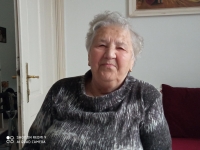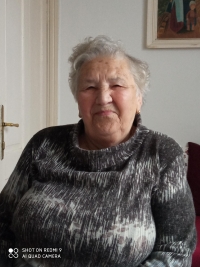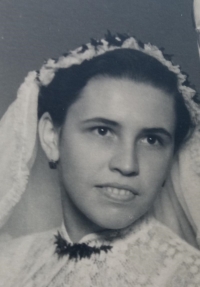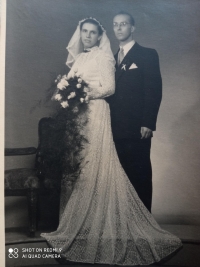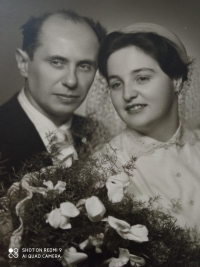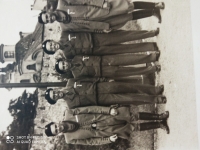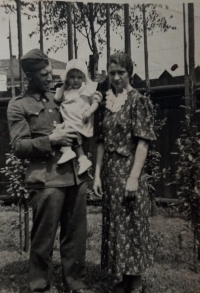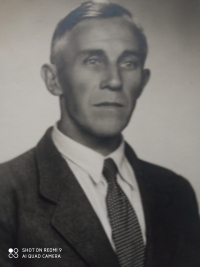The neighbour wrote a testimonial and the son was supposed to feed the pigs
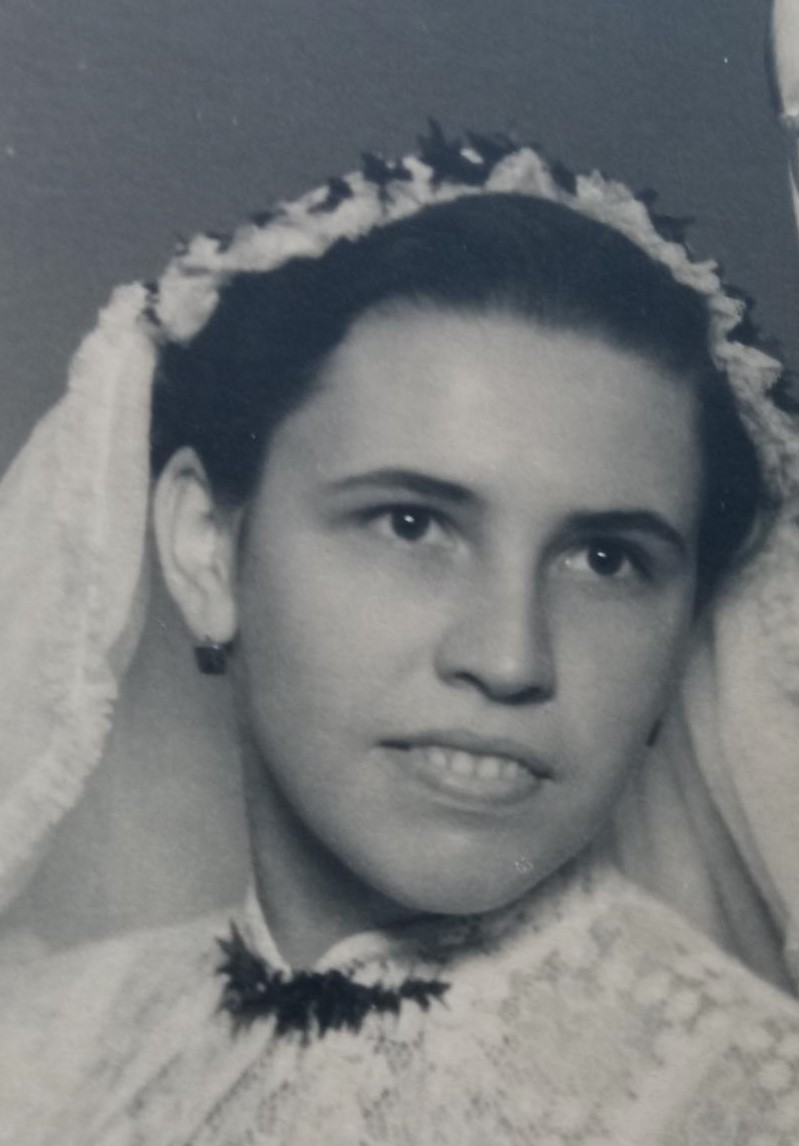
Download image
Marie Stárková, née Lyčková, was born on April 29, 1935, in Ostrava. She lived with her parents in the city centre for a short time, and then the family moved to nearby Hrabová. He remembers the fear which reigned in Hrabová when several residents ended up in concentration camps. At the age of fifteen, she started working, delivering mail in the pipe tunnels of the Vítkovice ironworks, and then became a crane operator at the Prefa company. She perceived how life changed in connection with the rise of the communists to power. The State Security arrested several neighbours and acquaintances from Hrabová, many of which ended up in prison. She knew the family of Jan Buchal, sentenced to death in the trial of Milada Horáková. Her brother-in-law Jaroslav Starek was a political prisoner for five years. The State Security interrogated her too. In 2022, she lived in Hrabová near Ostrava.
